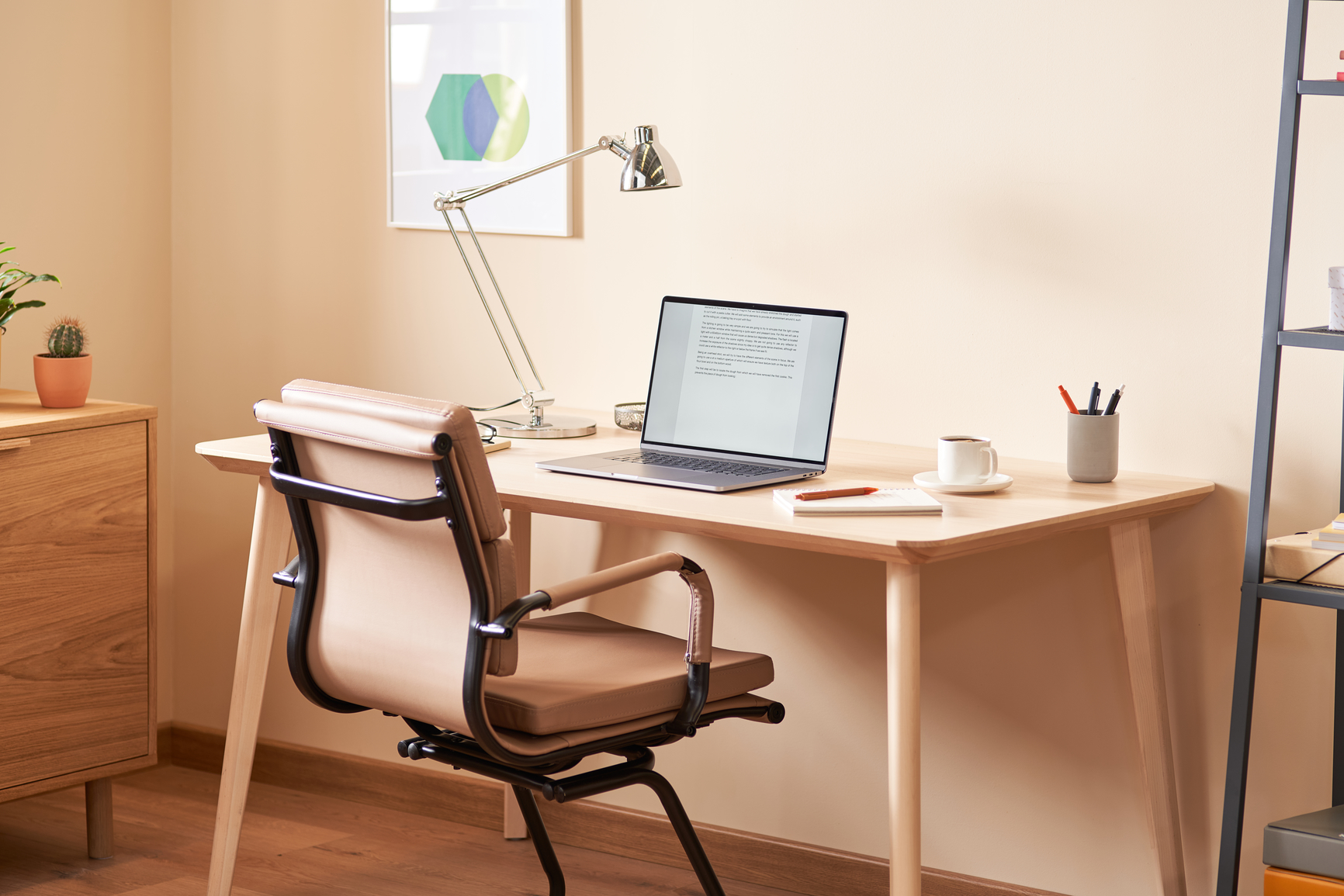Nearly two years into the pandemic, millions of Americans (over 13 percent of the total workforce, according to the U.S. Bureau of Labor Statistics) are still working from home — and for many, there’s no end in sight. At least not until 2022.
Navigating the sudden switch to remote work has been nothing short of a rollercoaster. In May of 2020, 35 percent of Americans were teleworking full-time, but with the release of the vaccine, it seemed like we might be in for a relatively normal 2021 — office life and all. But in the face of continuously high case rates, several major companies — including Google, Starbucks, Facebook and Apple — announced in September that they’re delaying their return-to-office plans until January 2022 at the earliest, leaving a lot of people in a weird remote working limbo.
Experts have officially dubbed it “The Great Wait.”
Even when we get back to the office, many people plan for remote work to factor into their schedule at least part of the time. “I think that the future is going to be long-term remote employment. I think eventually it’s going to be very much a hybrid where sometimes you come to the office, and sometimes you don’t — or maybe you never do,” says Alexandra Levit, founder of Inspiration at Work. And that means a whole new way to think about working.
We asked the experts how to navigate a potential flexible work future. Here’s everything you need to know.
Routine is everything
For the uninitiated, the ability to throw routine to the wind — Waking up without an alarm! Working out at noon! Showering whenever! — sounds like the sweetest part of a flexible or totally remote work situation. But take it from someone who knows (me, a freelance journalist who has spent the bulk of her career working remotely): establishing a routine will save you.

When you’re going into an office daily, the routine is a given — wake up, get ready for work, commute, get to your desk. It can be a slog, but it also gives you the structure to plan around, whether that’s when you’ll get work done or when you’ll take time for self-care. If you’re working remotely, you need at least some of that structure. Think of it as flexible consistency — workout at noon if you want but stick to that schedule so you can easily plan meetings around it and won’t constantly be feeling frazzled by an ever-changing schedule.
Create a workspace
Also vital? A dedicated workspace. Twenty months into the pandemic, hopefully, you have one of these by now, even if it’s just a corner of your kitchen table. But suppose you know your remote work situation will be more permanent than temporary. In that case, it might be time to think about investing in a proper office space — one where you can get through emails without distractions or take a call without staring at your dirty dishes.
A coworking space might be your answer — especially considering the evidence that coworking spaces may help people thrive at work. According to research published in the Harvard Business Review, people who work at coworking spaces tend to be more productive (partly because of the routine having an office space creates) and find more purpose in their work.

Get face time
If you’re working virtually full time — especially starting a new job remotely — face time with your team is still important. It’s probably even more important, says Levit. “You’ve got to proactively take control of your own career, especially in this climate,” she says. Without opportunities for impromptu lunches with your coworkers or check-in chats with your boss, “you’ve got to set that up and make sure it happens,” Levit says. If you have team members or potential mentors who live in the same city, try to set up coffees or lunches IRL (when it’s safe) to build those relationships, she adds.
Don’t underestimate the importance of boundaries
If you’re working virtually full time — especially starting a new job remotely — face time with your team is still important.
In a flexible work environment, the lines get blurred — and that’s the point. You’re supposed to be able to adjust your day so that you can pick up your kids from school or shift your hours so that you can stay offline while you’re dealing with morning anxiety. But in a setup where you can be “on” anytime, it’s hard to protect the time when you’re “off.”
This is something you should discuss with your team and your boss early on, says Morgan Keasler, a career expert with Point Road Group and certified HR professional. “If you’re working all day and you’re tied to your chair, then you deserve some time off in the evening to have a life. But if you have flexibility throughout the day, it may be much more reasonable for you to answer emails and things during the evening hours,” she says. “You need to balance what you need with what your company needs. Come into the conversation saying, ‘I want to make sure we’re on the same page about expectations.’”
Get your perks
If you had a lot of in-office perks — free lunches, commuter passes, childcare, or a gym in the building — it might be worth seeing what remote-work perks your company will offer. (Some companies will consider the ability to work remotely a big perk itself so that they may say no to extras, but it’s worth a try.) “Do your homework, talk to your network, and find out what other companies in the industry are offering,” says Keasler. Then, establish your priorities. “The needs of employees haven’t really changed, but the way we go about fulfilling those needs may have,” Keasler says. “Instead of paying for parking, maybe they pay for your internet at home.”
We only recommend products we have independently researched, tested, and loved. If you purchase a product found through our links, Sunday Edit may earn an affiliate commission.







